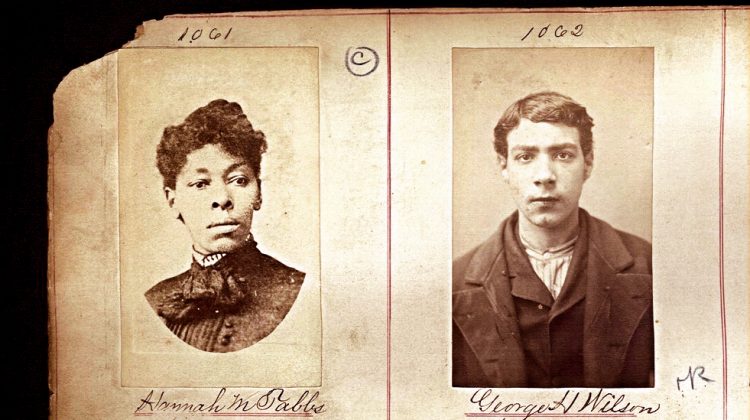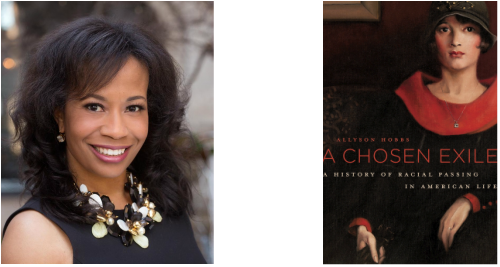Valentine’s Day special! On love, race and history in GhanaPosted in Africa, Arts, History, Interviews, Media Archive on 2016-02-16 21:47Z by Steven |
Valentine’s Day special! On love, race and history in Ghana
Africa is a Country
2016-02-14
Dan Magaziner, Associate Professor of History
Yale University
 Despite colonial administrators’ attempts to sabotage their marriage plans, Brendan (a district commissioner) and Felicia Knight wed in 1945. Fifteen years later, Felicia staged a successful one-woman-protest in front of Flagstaff House to save her husband’s job during the Africanization of government service. On the grounds that he was married to a Ghanaian and raising their five children as Ghanaians, Kwame Nkrumah retained Brendan in government employ. |
A couple months ago I was fortunate to read Carina Ray’s excellent new book Crossing The Color Line: Race Sex and the Contested Politics of Colonialism in Ghana on the history on interracial intimacy on the Gold Coast. I decided to interview her for AIAC and when our conversation moved from political economy and racism to political economy, racism and love, we figured – Valentine’s Day! So here it is: an AIAC take on love, critical politics included.
Why do you think that the history of interracial intimacy in the Gold Coast / Ghana important? What drew you to study it and to these stories in particular?
Let me answer the second question first. When I started the archival work that culminated in Crossing the Color Line, my intention was to write an altogether different book about multiracial people in colonial and post-independence Ghana. Much has been written about them in the context of the precolonial period as cultural, social, political, and linguistic intermediaries—the ubiquitous “middle(wo)men” of the trans-Atlantic trade, especially as it became almost exclusively focused on the slave trade. Hardly anything, however, has been written about this group during the period of formal colonial rule in British West Africa. So I set out to do just that, but quickly discovered that while the archive had much to say about interracial sexual relations in the Gold Coast, there was relative silence about their progeny…
Read the entire interview here.



